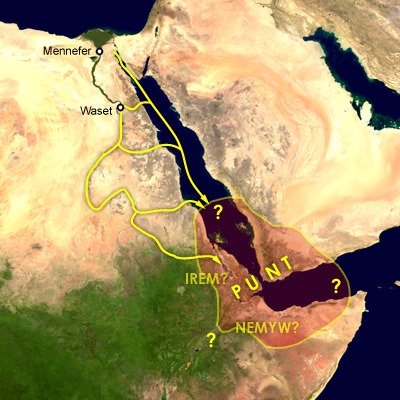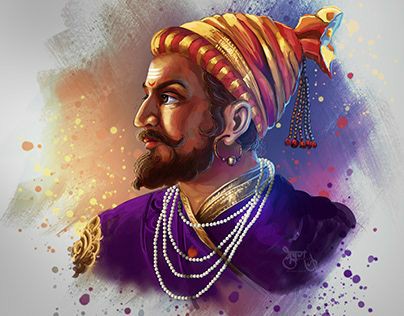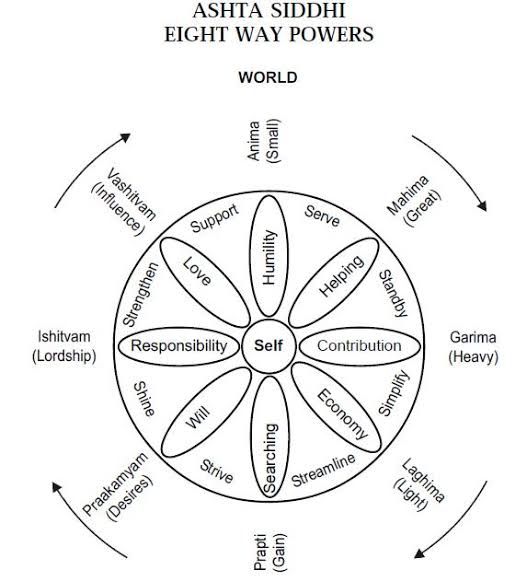This is still the dark ages of software development. I don't mean that in the common nonsense sense of "methods," but of perception and of goals.
As a whole, this behaves exactly like a primitive age does: all effort spent solving the same problems over and over again.
More from Fabiana Cecin 🏴 🌹
The next day, she voted to move the bill without the 2k. Such a fucking phoney. https://t.co/3aiwDROypo
— ProgressiveSoapbox (@theProgSoapbox) December 31, 2020
Neoliberalism is an economic genocidal ideology predicated on maintaining capitalism, and capitalism is the impoverishment, oppression and death of poor people because that's the OBJECTIVE of capitalist ideology. It's a malthusian ideology.
Neoliberals are the original Alt-Right
Capitalism has ZERO todo with "markets vs. no markets," or "central planning vs. decentralization." That's *propaganda*. That's a diversion.
Capitalism is the NAME OF THE ABSENCE of any support for poor people. In capitalism, giving ANY power to poor people is a CRIME.
Capitalism has an *exception* to the strict forbiddance of giving any economic power to the 99%, and that is the concept of "Merit."
If you act as a SLAVE (wage slave), then you can get some crumbs to *temporarily* avoid your death. While you are mechanically useful.
These fucking Neoliberals which are 99% of the Democratic Party in the US are all POSING as nice people. They are not. They are all sociopaths.
This economic fascism is so thoroughly normalized in the US that nobody has a concept of what capitalism is.
You May Also Like
Like company moats, your personal moat should be a competitive advantage that is not only durable—it should also compound over time.
Characteristics of a personal moat below:
I'm increasingly interested in the idea of "personal moats" in the context of careers.
— Erik Torenberg (@eriktorenberg) November 22, 2018
Moats should be:
- Hard to learn and hard to do (but perhaps easier for you)
- Skills that are rare and valuable
- Legible
- Compounding over time
- Unique to your own talents & interests https://t.co/bB3k1YcH5b
2/ Like a company moat, you want to build career capital while you sleep.
As Andrew Chen noted:
People talk about \u201cpassive income\u201d a lot but not about \u201cpassive social capital\u201d or \u201cpassive networking\u201d or \u201cpassive knowledge gaining\u201d but that\u2019s what you can architect if you have a thing and it grows over time without intensive constant effort to sustain it
— Andrew Chen (@andrewchen) November 22, 2018
3/ You don’t want to build a competitive advantage that is fleeting or that will get commoditized
Things that might get commoditized over time (some longer than
Things that look like moats but likely aren\u2019t or may fade:
— Erik Torenberg (@eriktorenberg) November 22, 2018
- Proprietary networks
- Being something other than one of the best at any tournament style-game
- Many "awards"
- Twitter followers or general reach without "respect"
- Anything that depends on information asymmetry https://t.co/abjxesVIh9
4/ Before the arrival of recorded music, what used to be scarce was the actual music itself — required an in-person artist.
After recorded music, the music itself became abundant and what became scarce was curation, distribution, and self space.
5/ Similarly, in careers, what used to be (more) scarce were things like ideas, money, and exclusive relationships.
In the internet economy, what has become scarce are things like specific knowledge, rare & valuable skills, and great reputations.
I'll begin with the ancient history ... and it goes way back. Because modern humans - and before that, the ancestors of humans - almost certainly originated in Ethiopia. 🇪🇹 (sub-thread):
The famous \u201cLucy\u201d, an early ancestor of modern humans (Australopithecus) that lived 3.2 million years ago, and was discovered in 1974 in Ethiopia, displayed in the national museum in Addis Ababa \U0001f1ea\U0001f1f9 pic.twitter.com/N3oWqk1SW2
— Patrick Chovanec (@prchovanec) November 9, 2018
The first likely historical reference to Ethiopia is ancient Egyptian records of trade expeditions to the "Land of Punt" in search of gold, ebony, ivory, incense, and wild animals, starting in c 2500 BC 🇪🇹

Ethiopians themselves believe that the Queen of Sheba, who visited Israel's King Solomon in the Bible (c 950 BC), came from Ethiopia (not Yemen, as others believe). Here she is meeting Solomon in a stain-glassed window in Addis Ababa's Holy Trinity Church. 🇪🇹

References to the Queen of Sheba are everywhere in Ethiopia. The national airline's frequent flier miles are even called "ShebaMiles". 🇪🇹













